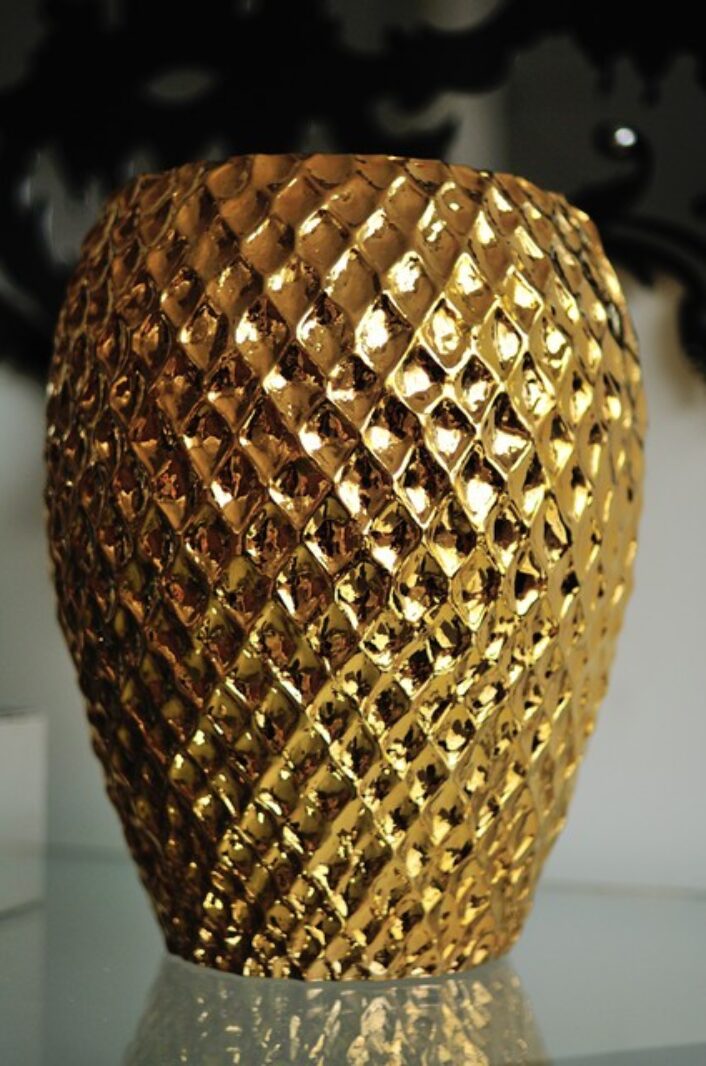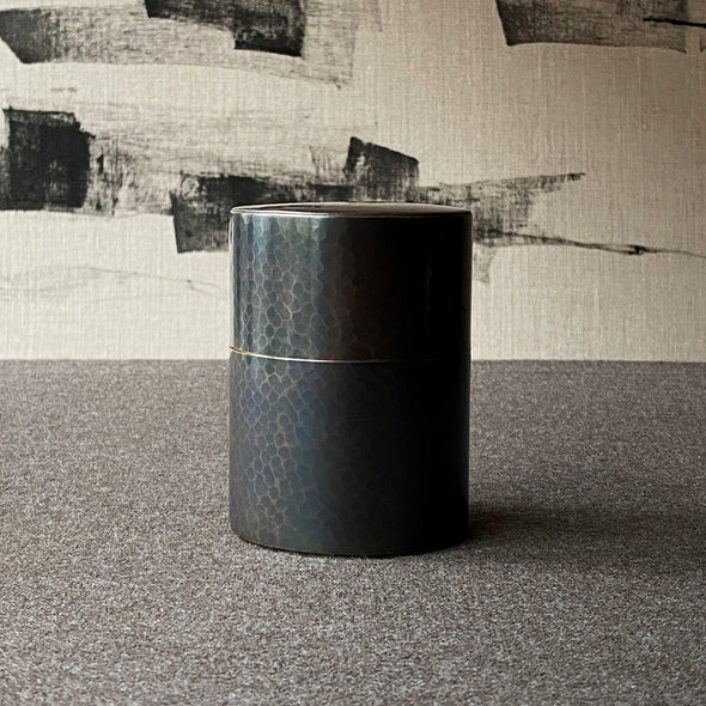Design
Studio Henry Wilson
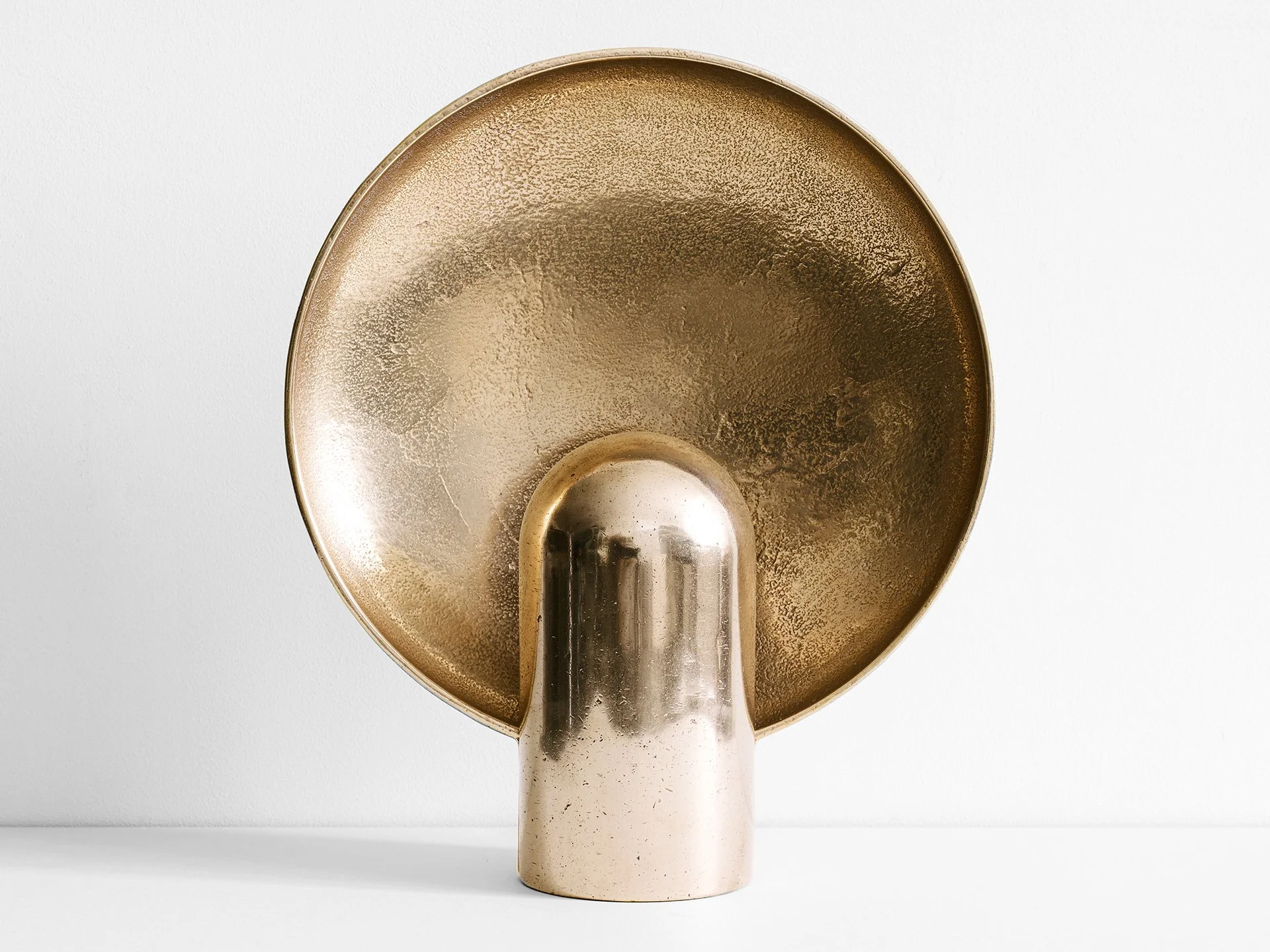
Surface Scone, the sculptural light is actually two halves cast from solid bronze. Each cast is manufactured in small batches.
Dimensions are: 14″ x 12″ x 4″
Image courtesy of: Studio Henry Wilson
It has been over a decade since Henry Wilson set up his own studio aptly named, Studio Henry Wilson. The Australian designer graduated with a degree in visual arts with a specialty in woodworking from the Australian National University School of Art. The additional education he received at an exchange program to RISD served very inspirational for the young designer. Wilson went on to get a Masters degree from the Design Academy Eindhoven prior to returning to Sydney.
Wilson’s education proved instrumental in his business which (courtesy of Semi Permanent) “toes the line between design and manufacturing.” His work has become familiar for its monolithic, masculine pieces that are often made from stone or bronze. Wilson has always maintained a focus on producing through self-creation. About the beginning of his career, he said (courtesy of The Local Project), “I worked with timber a lot in the early days, and in a way my process really started from there. There was such a collaborative and hands-on approach which formed a large part of my education and then later on dictated how I approached product design.”

Block Sconce in Calacatta Marble. The sconce is made from two pieces with a concealed mounting plate that fixes the front and back pieces together. Natural variations in stone mean each piece will look unique, the scone has a honed finish.
Dimensions are: 15″ x 14″ x 4″
Image courtesy of: Lawson Fenning
At the heart of Wilson’s design is his ethos of imperfect beauty… a byproduct of objects that are handmade. The studio’s pieces portray their individuality without compromising durability and complexity. As such, Wilson realized the importance of developing long-term relationships with a number of suppliers and manufacturers that adhere to Wilson’s ethos.
Specifically, Wilson’s chosen foundry is a nearby manufacturer that casts in aluminum and bronze. The relationship began when Wilson first returned to Australia. The designer knew how important it was to find his pattern-maker; he understood it was critical to find someone with whom he worked well and someone who supported the ideas he was exploring.
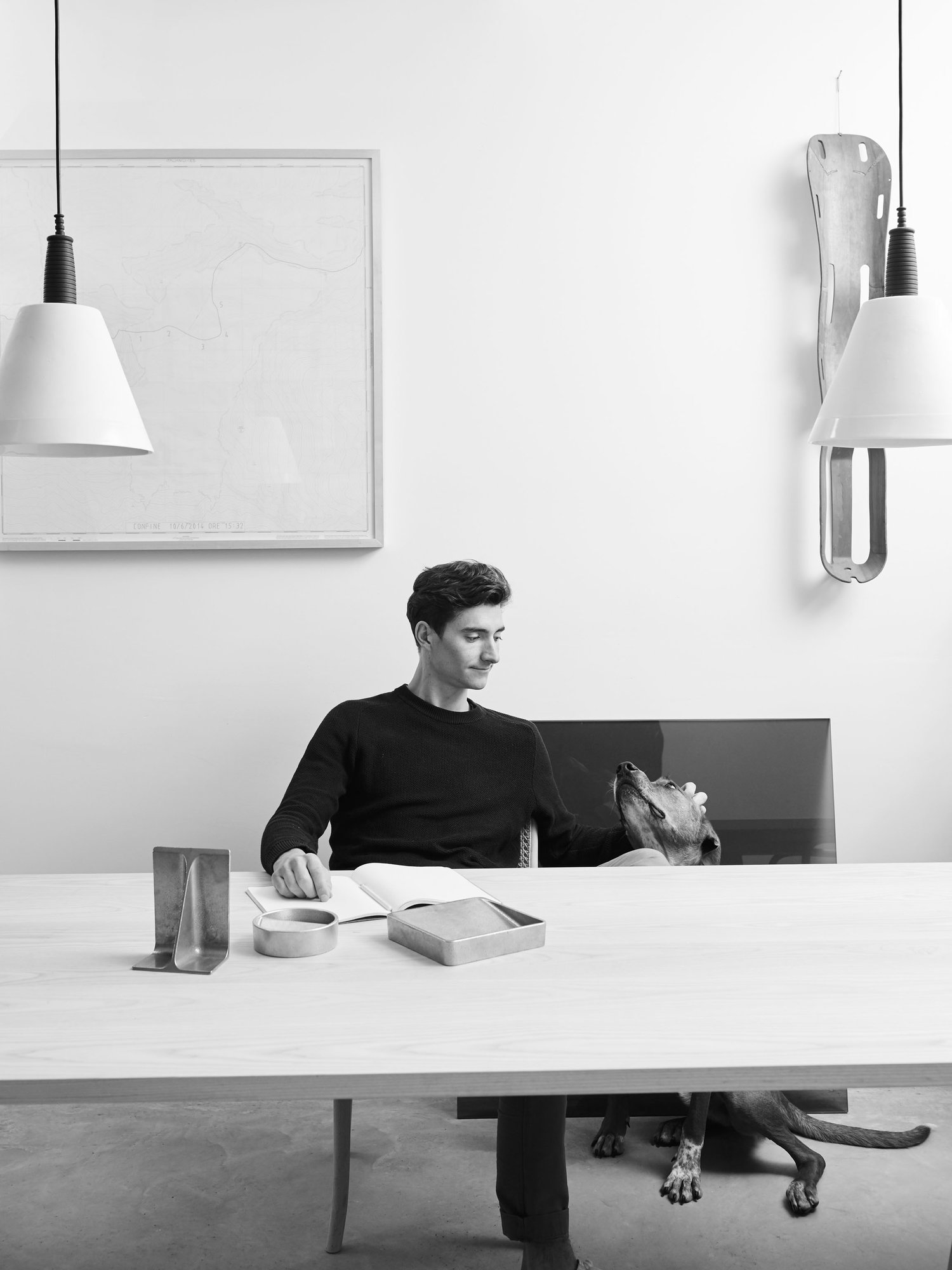
Wilson with his studio partner.
Image courtesy of: Fair Design
As for his inspiration, Wilson says that he is inspired by “Australian natural landscapes, urban topographies and light with an emphasis on resolution of forces to add energy; nothing remains perfect in Australian conditions, and weathering is to be accepted and valued – to the extent of effecting subtle imperfections during manufacture.”
Nothing is perfect is a theme that remains present and relevant for the designer. This idea is reinforced by the fact that Australia is a place that has always offered Wilson the freedom and breadth to design without focusing on “traditional cultural aesthetics.” Regardless, he is ever cognizant that his work references a space that has evolved over years and years of technological developments and the practices and design philosophies that are found throughout the world.
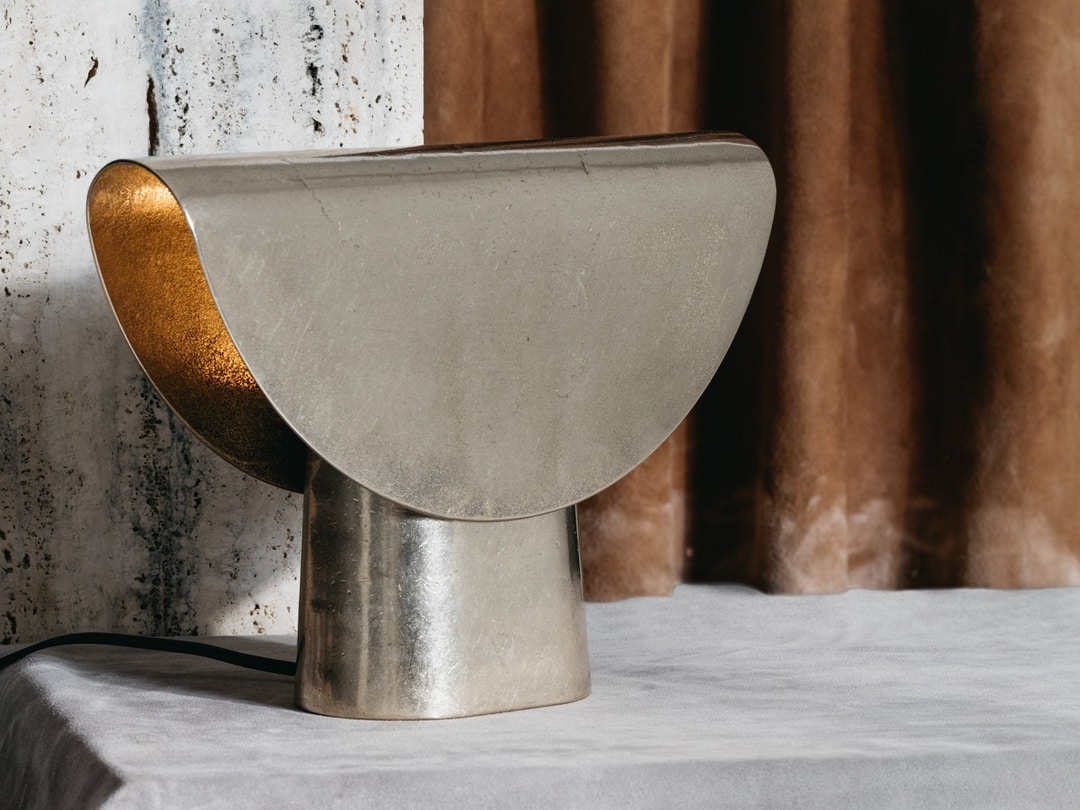
Fold Light, aluminum. A cast light that looks as though it is draped over the base. The light on the inside glows outward.
Dimensions are: 14″ x 9″ 3.5″
Image courtesy of: Habachy Designs
Remaining “ethically sound” is something that Wilson feels very strongly about. He believes that producing in an environmentally-conscious way should be at the heart of each design. Wilson concedes that as a small-scale manufacturer who keeps the design process relatively simple and streamlined, he must account for specific manufacturing processes. He was quoted as telling Semi-Permanent, “The components are all aluminium, they can easily be recycled, there are no crossover of materials, or changes to make ups. Timber components can be substitutes, all that stuff can be changed and made into something else – there is a lot of flexibility in that sense.”

Fin Bookends made from brass, come as a set of two which is sand-cast in gunmetal bronze. Each set is made, finished and polished in Sydney, Australia in sand-cast gunmetal bronze
Dimensions: 2.5″ (width) x 3.25″ (diameter) x 5.25″ (height)
Image courtesy of: Lawson Fenning
Wilson hopes that his work creates a lasting impact and added value to those that purchase the pieces he designs. As such, he believes that his goal is to strengthen the relationship humans have with the objects in their homes. What plays along with that is the individuality in each of his products as a result of the handmade process they go through.
Wilson concludes (courtesy of Semi Permanent), “It’s the desire for something that is clear. We want people to have to feel an attachment to our products. If you can understand something and grapple with it conceptually you build a bond to it.”
